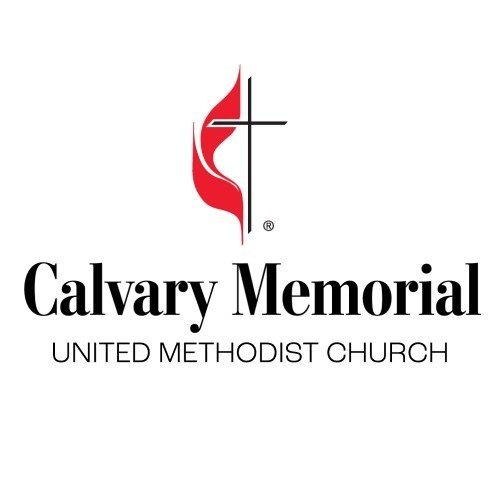Pastor Emily’s Meditation
As we are in the Lenten Season, I have added the practice of Lectio Divina to my spiritual life. I practiced it frequently in my Wesley Foundation days. I would like to invite you into this practice if you are interested. Lectio Divina is a traditional monastic practice of scripture reading, meditation, and prayer intended to promote communion with God and to increase the knowledge of God's word. In the view of one commentator, it does not treat scripture as texts to be studied, but as the living word. It is focused on scripture sinking deep into our hearts and minds. When we practice lectio we aren’t reading chapters and chapters of scripture. We are reading a psalm or even a section of a psalm or a section of the Gospel. At most 10-12 verses or we can even read and meditate on one single verse. “Let us ruminate on the Word, and, as it were, chew the cud, that we may have the sweet juice, spiritual effect, marrow, honey, kernel, taste, comfort and consolation of them.”
There are 3 key features of Lectio Divina:
The first is that the scripture is seen as a gift to be received, not a problem to be dissected. In other words, we let the text come to us and meet us where we are. We don’t go to the scripture to mold it and squish it into what we think or want the Word to say.
The second is that the Lectio tradition teaches us that in order to receive what the scripture has to offer, we must read slowly. The goal of lectio isn’t to read and digest as much of the Word as possible in one sitting. But the goal of lectio is to sit with God in the Word. To savor it and listen for the Lord to speak to us.
The third is that lectio is “a way of prayer.” Before reading, pray that God will speak to you through the text. During reading, allow the reading to evolve into meditation and then into prayer and finally contemplation. When the reading is concluded, keep some phrase in mind and repeat it throughout the day so that prayerful reading becomes prayerful living.
So, lectio is not Bible study or even an alternative to Bible study but something radically different. The practice understands Scripture as a meeting place for a personal encounter with the Living God. It is a practice we come to with the desire to be changed at all sorts of levels. It operates very much on the emotional rather than the purely cerebral level. It is perhaps hearty rather than heady. Through it we allow ourselves to be formed in the likeness of Christ; it is about formation rather than instruction.
There are two ways to enter into Lectio Divina, individually or communally. I will share how to do it individually.
The first way to do it is: Make sure you are sitting comfortably; breathe slowly and deeply; ask God to speak to you through the passage that you are about to read. This is a way of praying that starts with our silence. We often make the mistake of thinking prayer is about what we say to God. It is actually the other way round. God wants to speak to us. He will do this through the Scriptures. So don’t worry about what to say. Don’t worry if nothing jumps out at you at first. God is patient. God will wait for the opportunity to get in. The Holy Spirit will give you a word and lead you to understand its meaning for you today. We will read a passage at least three times. Sometimes more, if one feels led to read it more times.
First reading of the passage: Listen. As you read the passage, listen for a word or phrase that attracts you. Allow it to arise from the passage as if it is God’s word for you today. Sit in silence repeating the word or phrase in your head. Then say the word or phrase aloud.
Second reading of the passage: Ponder. As you read the passage again, ask how this word or phrase speaks to your life and why it has connected with you. Ponder it carefully. Don’t worry if you get distracted – it may be part of your response to offer it to God. Sit in silence and then frame a single sentence that begins to say aloud what this word or phrase says to you.
Third reading of the passage: Pray. As you read the passage for the last time, ask what Christ is calling from you. What is it that you need to do or consider or relinquish or take on as a result of what God is saying to you in this word or phrase? In the silence that follows the reading, pray for the grace of the Spirit to plant this word in your heart.
Tip: Do not feel discouraged if your mind wanders during the silence. Simply, bring your mind back to the scripture. Start simple; try to be silent for one minute and work your way up to longer.
Pastor Emily Hamil Blair

